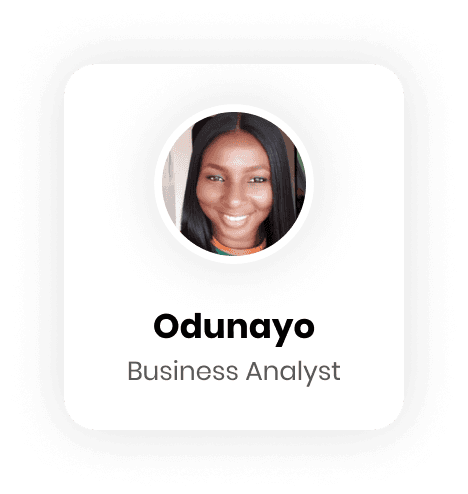Trusted By...
Enterprise delivery. Talent Cloud driven.
Build long-lasting tech without sacrificing budget
The Distributed Talent Cloud combines enterprise-level delivery with teams of elite tech talent ready to tackle your toughest software problems.
Enterprise-level delivery meets the power of Talent Clouds
Outdated Global Systems Integrators (GSIs) put your projects at risk of going over budget and over deadline. Distributed provides a modern, agile alternative that offers transparency, scalability, and a commitment to excellence.
Enterprises grappling with digital transformation challenges now have access to a delivery model that guarantees high-value outcomes, significantly reducing project risk and enhancing quality.
Our unique Distributed IP in building Elastic Teams combined with the large-scale Talent Cloud offers unrivalled opportunities for tech leaders to reach the full potential of their business ideas.
Traditional talent delivery firms worry about their bottom lines, not the quality of talent you receive. We keep our Elastic Team community engaged, and highly-motivated to deliver the best solutions.
UNLOCK INNOVATION
Tech challenges solved with the right talent at the right time
Delivery led, Talent driven
The customer oversees the assembly, deployment, and monitoring of talent in order to meet the desired outcome.
The assembly of a project and Elastic Team that is managed by Distributed to achieve an end defined outcome.
The forming of a partnership between Distributed and a customer for management of multiple projects powered by the Talent Cloud.





































